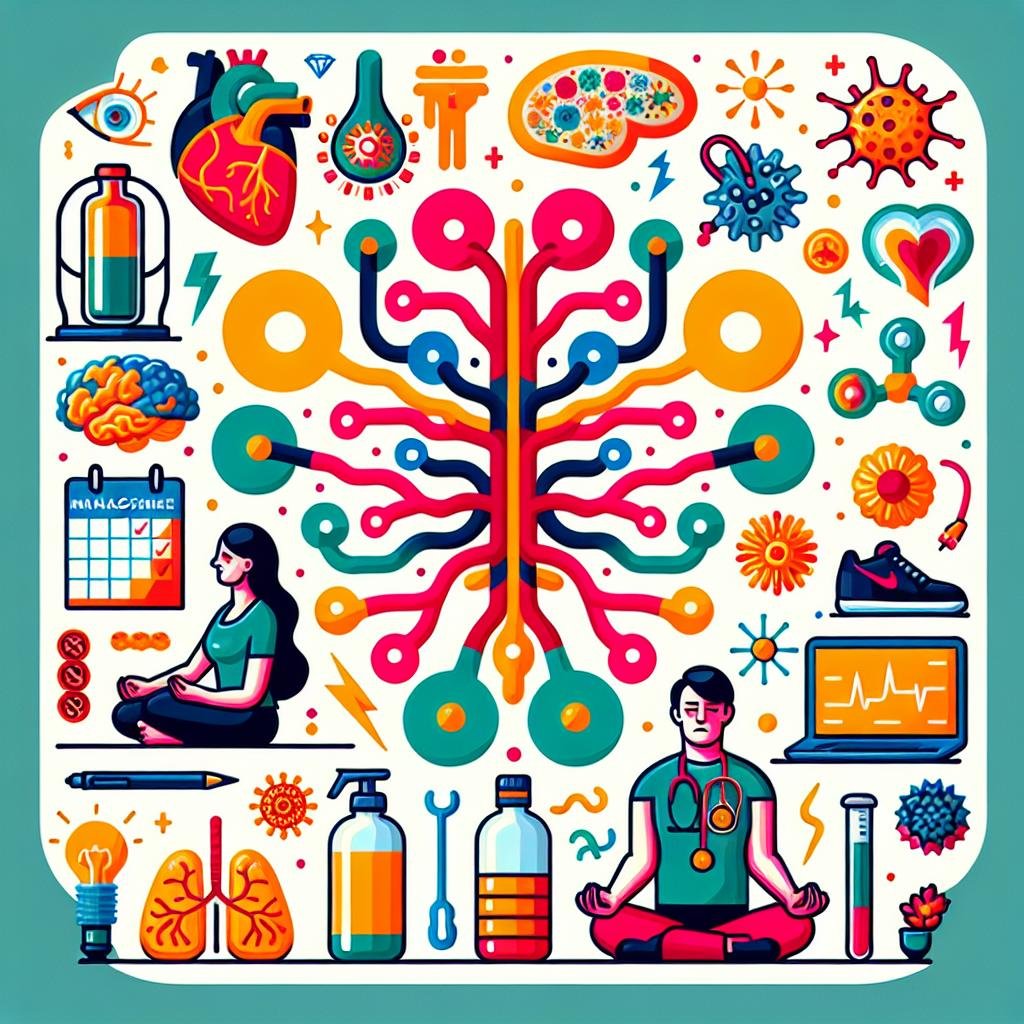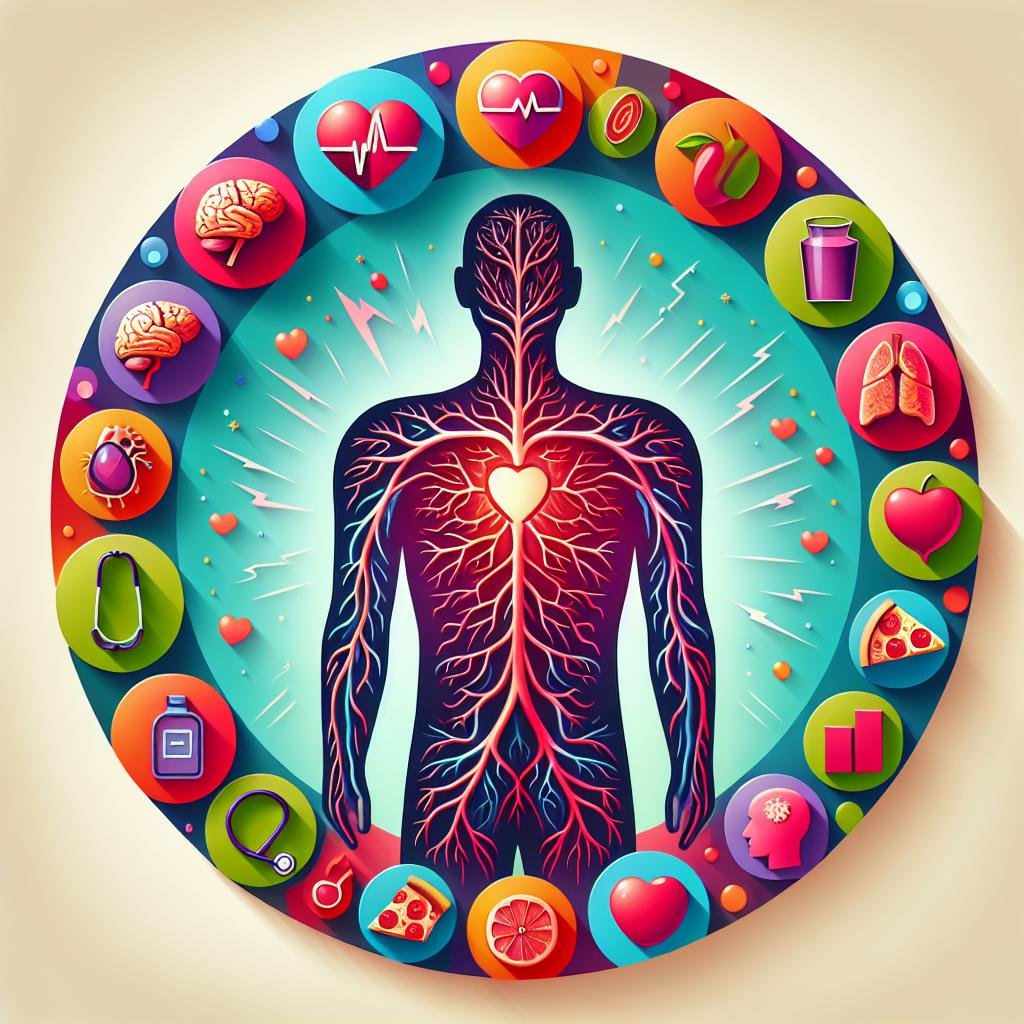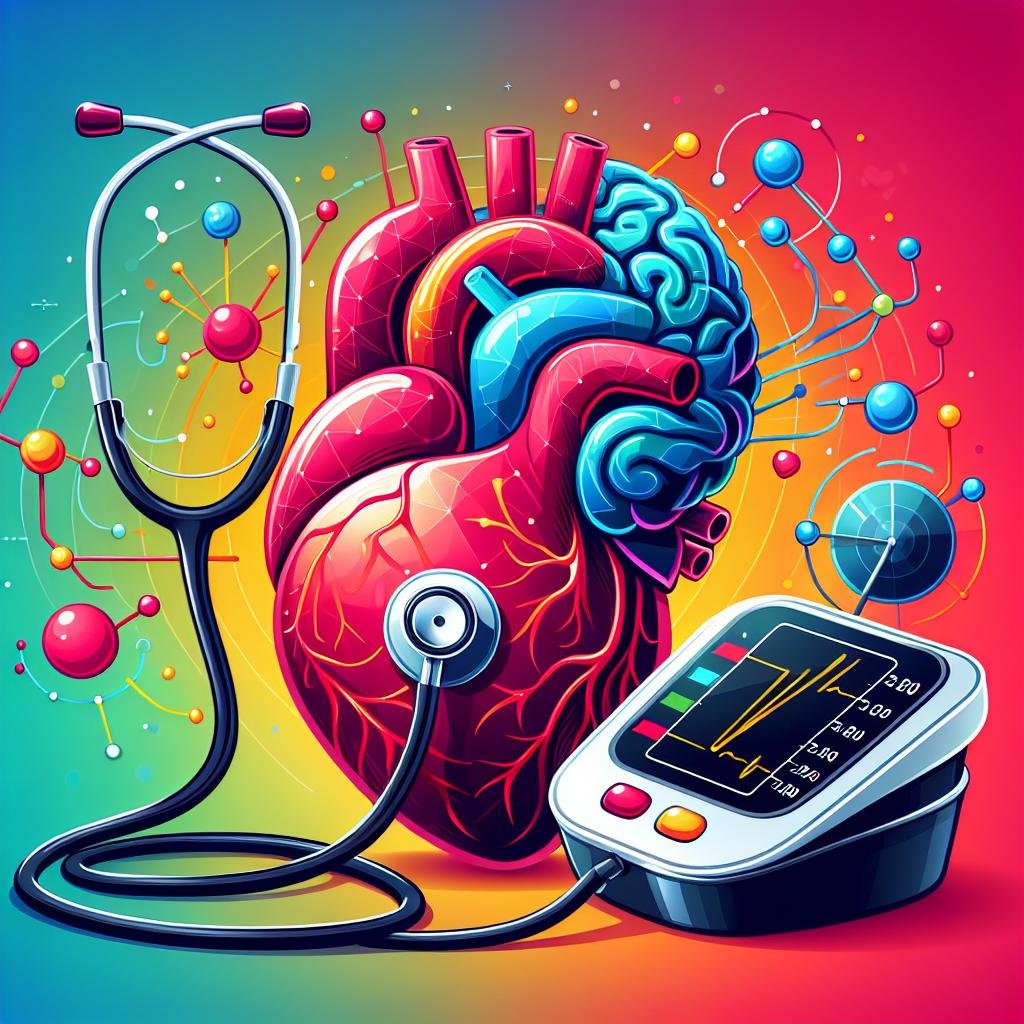Dysautonomia and Comorbidities – Managing Multiple Chronic Conditions
Introduction Dysautonomia is a complex condition that affects the autonomic nervous system (ANS). The ANS is responsible for controlling many important functions in our body that happen without us thinking about them. These functions include: Regulating heart rate Controlling blood pressure Managing digestion Overseeing breathing patterns Adjusting body temperature Controlling bladder function When someone has […]
Dysautonomia and Comorbidities – Managing Multiple Chronic Conditions Read More »









